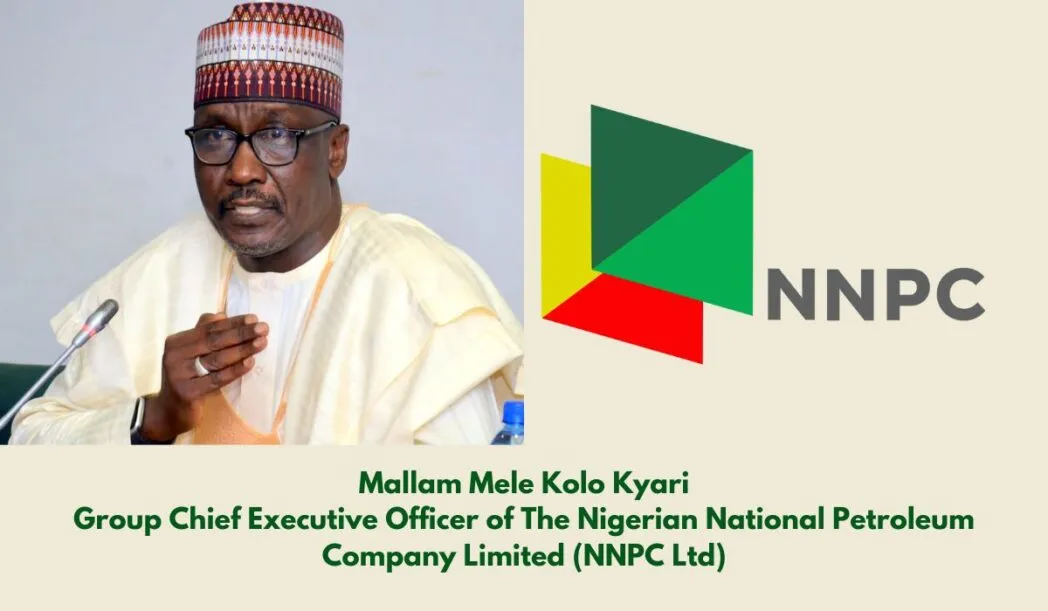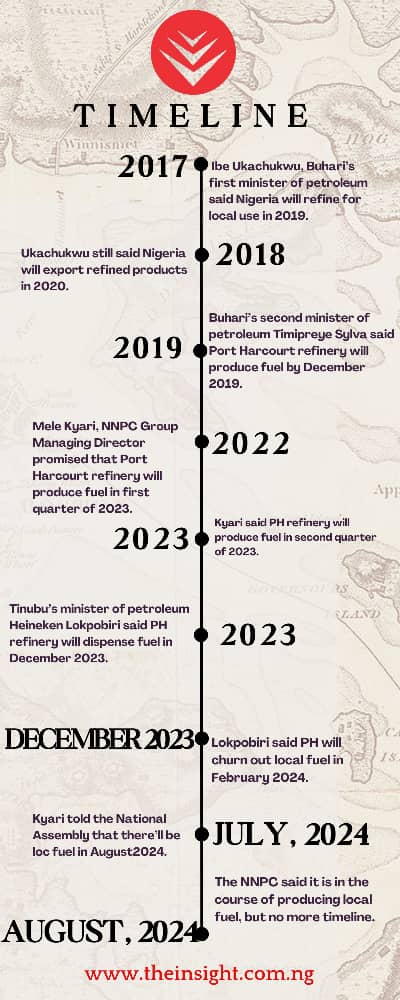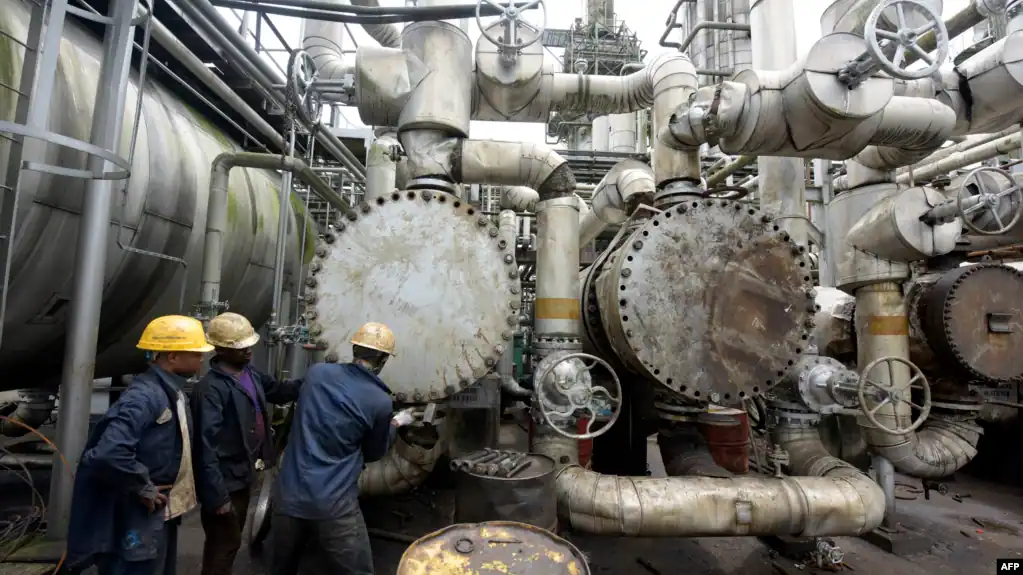We’re In September; Will Local Fuel Be Available After 8 Missed Promises?

Key Points:
- Motorists frustrated with ongoing fuel shortages, criticizing government for not restarting national refineries to address issue.
- Nigeria’s refineries remain inactive despite investments, causing reliance on imported fuel.
- Government promises to revive the Port Harcourt Refinery have been consistently broken.
- The refinery’s dormancy has severe economic consequences, including lost revenue and environmental concerns.
- Experts recommend a range of solutions, including rehabilitation, privatization, and policy changes, to address the issue
By Emmanuel Kwada
Frustrated motorists and experts have expressed disappointment and concern over persistent fuel scarcity and the government’s failure to revive the country’s refineries.
Inuwa Ibrahim, a motorist, shared his experience: “I spend N35,000 weekly on fuel, commuting from Masaka to Wuse, Abuja. Half of the fuel is consumed navigating chaotic Mararaba-Nyanya traffic. That’s N140,000 monthly! Considering I pay school fees, feed my family, and cover house rent, you can imagine how much I earn. It feels like we’re living as refugees in our own country.
Our refineries lie dormant while we struggle to access fuel. If we have funds to revive them, why prioritize a N1.5 trillion coastal road project with limited benefits when there are more pressing issues? I’m baffled by our leaders’ thought process. It’s frustrating to be a Nigerian.”
Mr. Isaiah Dalla echoed similar sentiments: “I’ve lost hope in this country. Our leaders fail to prioritize fixing refineries and reducing fuel importation costs. Instead, they squander trillions on frivolous projects, perpetuating corruption and leaving Nigerians to suffer in abject poverty.
The Port Harcourt Refinery could have been fixed long ago if our leaders were genuinely committed
I’m a working-class citizen, struggling to fuel my car. Three of my passengers own cars, but we pool resources to fuel just one vehicle. Imagine the struggles of the unemployed and small business owners. It’s heartbreaking.”
Mustapha, Samson Samaila said, “The Port Harcourt Refinery could have been fixed long ago if our leaders were genuinely committed. However, it seems they derive joy from our struggles and have chosen to sell crude oil and import fuel instead.
What a country! Initially, I thought privatizing refineries might be a solution, given the government’s inability to manage them effectively. But after witnessing controversies surrounding the Dangote Refinery, I realize our elite are more interested in enriching themselves than alleviating our hardships.
Their desire to continue importing fuel suggests something fishy is going on among our leaders.”

Motorists on Fuel Queue.
Credit: Businessday
Samson Samaila continued, “The frustration! Oh, the agony! As a Nigerian motorist, it’s disheartening to be living in an oil-producing country yet constantly struggling to access fuel. It’s like being in a desert, surrounded by an oasis always out of reach. Every day, I wake up with uncertainty, wondering if I’ll be able to fuel my car or join long queues at the pump. The stress is palpable, the anxiety real.
When I finally get fuel, I’m slapped with exorbitant prices, feeling like I’m being robbed. It’s infuriating to think our country is blessed with oil, yet only a select few benefit. The rest of us suffer, queue, and pay through our noses. It’s like living in a nightmare with no end in sight. I demand better. I demand a system that works for all, not just the few. I demand fuel that’s affordable, accessible, and available. I demand an end to this suffering, frustration, and agony. Enough is enough!”
The Port Harcourt Refinery, with a capacity to refine 210,000 barrels of crude oil daily, remains dormant despite billions invested in its rehabilitation. The refinery’s failure to produce petrol has led to reliance on imported fuel, resulting in significant economic implications.
The unending timelines
Ibe Ukachukwu promised refining for local use by 2019 and export by 2020, but it wasn’t met. Timipreye Sylva promised production by December 2019, also unmet. Mele Kyari and Heineken Lokpobiri made multiple promises for production in 2023 and 2024, including Q1 2023, Q2 2023, December 2023, February 2024, and August 2024, but none were fulfilled. As of September 2024, the local refinery still hasn’t produced fuel, despite repeated promises from government officials.

The NNPC’s latest statement claims production is “on course,” but the lack of a specific timeline raises concerns about further delays. The government’s failure to deliver on promises has significant economic implications, including loss of revenue, dependence on imports, and environmental concerns.
According to Chukwuemeka Ifegwu Eke, Associate Professor of Digital Economics at the University of Abuja, the prolonged dormancy of the Port Harcourt Refinery has far-reaching economic consequences, including:
- Loss of revenue: The refinery’s inactivity results in a significant loss of potential revenue for the government and the economy.
- Dependence on imports: Nigeria’s reliance on imported fuel exacerbates the country’s trade balance and economic stability, leading to forex depletion, inflation, and dependence on international markets.
- Economic stagnation: The refinery’s dormancy hinders economic growth, leading to reduced government revenue, increased debt, and unemployment.
- Environmental concerns: The continued reliance on imported fuel also raises environmental concerns, including air and water pollution.
According to Dr Eke, the opportunity cost of delaying the refinery’s rehabilitation is estimated at N21.13 trillion, encompassing: Lost revenue, lost jobs and GDP contribution, increased imports and reduced economic growth”
To mitigate these issues, Dr. Eke recommends:
- Refinery rehabilitation: Urgent rehabilitation of the Port Harcourt Refinery to restore its operational capacity.
- Privatization: Allowing private sector participation to inject efficiency and investment into the refining sector.
- PPP arrangements: Public-Private Partnerships to leverage funding and expertise for refinery projects.
- Granting more refinery licenses: Encouraging new entrants to increase competition and capacity in the refining sector.
- Regulatory framework: Establishing a supportive regulatory environment to facilitate investment and growth.
- Investment incentives: Offering incentives to attract investment in the refining sector.
- Capacity building: Developing local expertise and capacity to support the refining sector’s growth.
Implementing these recommendations can create an enabling environment for the timely completion of refinery projects, successful privatization, and increased private sector participation in the refining sector, ultimately driving economic growth and stability.
The continued neglect of Nigeria’s refineries has far-reaching consequences for the economy and citizens. It is imperative that the government takes immediate action to address this critical issue.

FILE – Workers try to tie a pipe at an oil refinery in Port Harcourt, Nigeria, Sept. 16, 2015. One of two state refineries in Port Harcourt will resume refining of crude oil in early August 2024, officials say.
Read Also: Fuel Scarcity Worsens: Long Queues Resurface in Lagos, Abuja, Kano
The Insight Report
Nigeria Coverage



